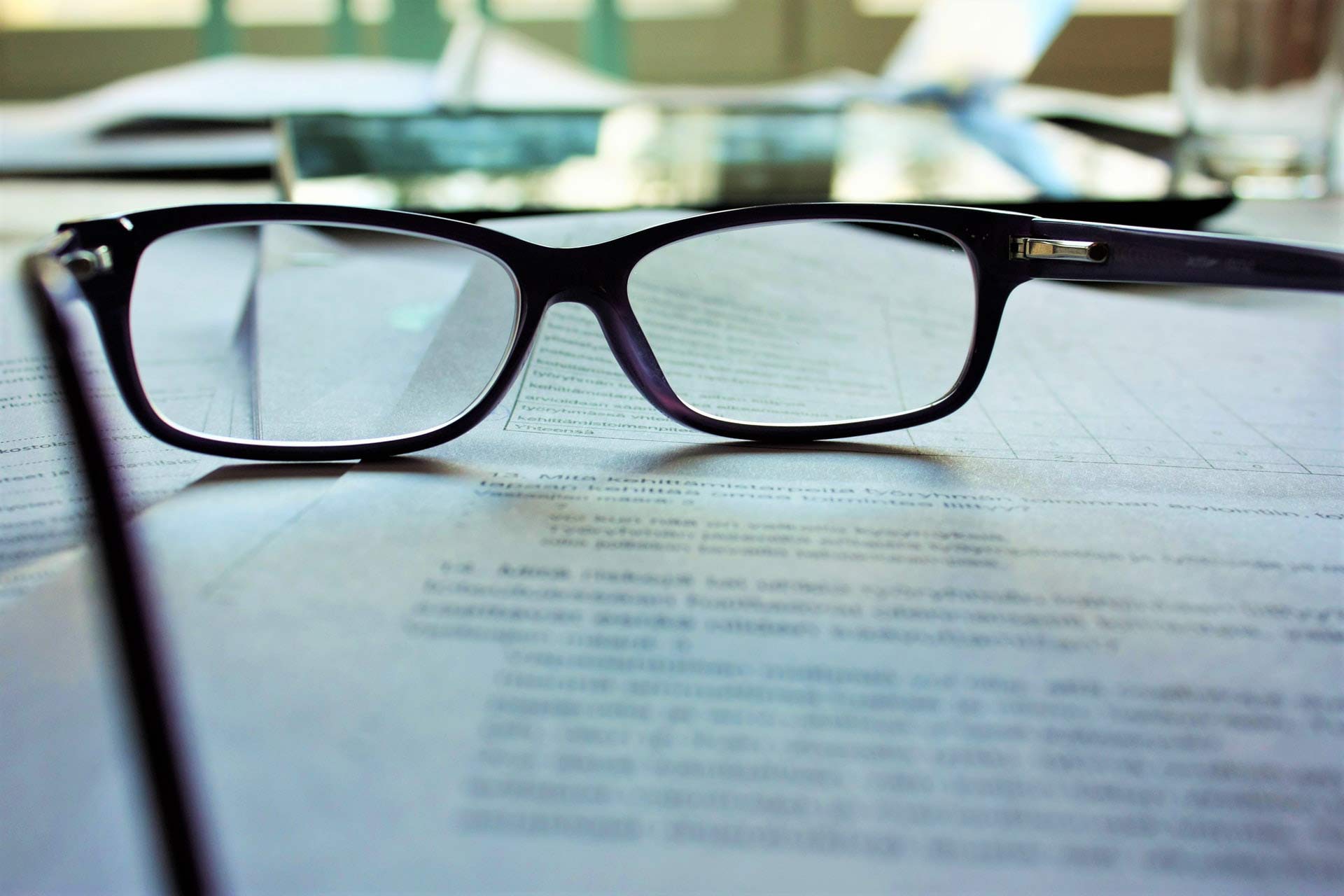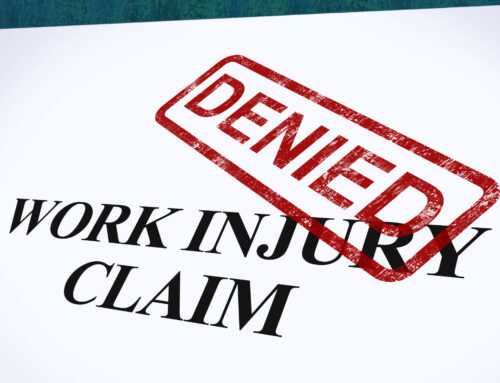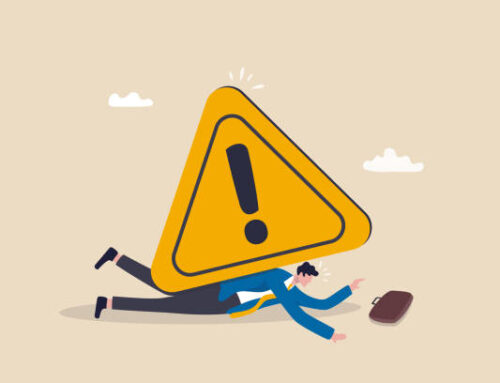Judges Are Humans Too: How 2020 Might Impact Judges
Last month we discussed how the election on November 3rd will impact the courts. But the presidential election and the Supreme Court are not the only factors of change for the courts. Elections affect judges too.
Elections impact judges in a number ways, whether it’s directly or indirectly. For example, in our last blog we discussed the importance of the 2020 presidential election regarding the Supreme Court. However, elections affect another integral part of the U.S. Court System: judges.
Judicial Elections
Not only are elections for Congress, Governor, and President impactful on courts—judicial elections are just as (if not more) important. In Missouri, appellate judges and some trial judges are appointed and serve for a particular term and then come up for a retention vote. But most local judges are elected through a partisan election. One study found that judges who are appointed rather than elected are often times more lenient in their rulings. Judges who are elected often times stick to their political party’s views in their rulings whereas appointed judges are more likely to go against their party’s view on an issue when making a ruling.
This bias is probably due to the fact that elected judges are not as secure in their positions and can be replaced by someone else. Appointed judges hold their seat for as long as they desire, so they have more room and freedom to “go against the grain”.
How do General Elections Impact Judges
Judicial elections are not the only way in which judges are impacted by elections. The general election for Congress, President, and other positions may also affect the courts and judges through judicial rulings.
Some data suggests that during election years, judges tend to be more stringent with their rulings. They are less likely to go against their political party’s beliefs or views and are more resistant to hearing the “other side” if they are on a board with other judges. Furthermore, this study was conducted to test how much U.S. appellate judges, who are appointed for life, are effected by elections. The results were that elections heighten the rate of dissent, specifically in years of election for the U.S. Senate and especially in swing states.
This article points out that this bias is most likely not a conscious one but rather, judges may be subconsciously affected by the campaign and unknowingly be more restrained and reserved with their rulings; they’re less likely to agree with colleagues from a different political party and rule against their own party’s belief.
Judges Are People Too
It’s important to remember that judges are people too. No human can be fully impartial. This article from the New York Times dives into how judges can’t be fully impartial. Part of judging is caring and having passion—sometimes that aspect of humanity provides a more appropriate ruling.
Lord Neuberger, a justice on the Supreme Court of the United Kingdom, has talked about his own experience as a justice and how being human automatically made him fallible. He embodies the idea that judges are humans before they’re officers of the law, and that nobody is perfect but it’s important to remember the expectations of your position. You can navigate the space of being a judge as long as you remember it’s okay to be human, but to put the precedent of right and wrong, good and bad, above your passion and emotions.
Code of Conduct for Judges
Additionally, judges are held to a certain standard to help ensure that rulings are fair. While the code of conduct changes depending on the level of court and the state each judge is in, every judge has one. In Missouri, we have the Code of Judicial Conduct. Part of the code states that “a judge shall not engage in political or campaign activity that is inconsistent with the independence, integrity, or impartiality of the judge”. Judges must always abide by this code of conduct. Unfortunately, states who elect all of their judges have much more partisan, and frankly ugly, judicial campaigns.
Judges are human, and although their rulings are more publicized in election years, that doesn’t mean they aren’t still ruling fairly based on their belief of the law applied to the facts of that particular case. Often judges’ opinions reflect their own judicial philosophy, however, and the judicial philosophy and beliefs they bring to each case matters.







